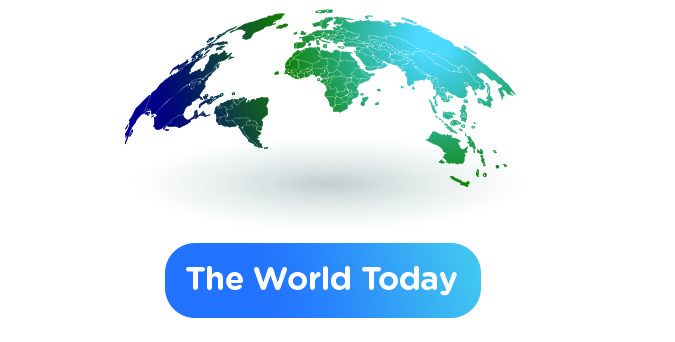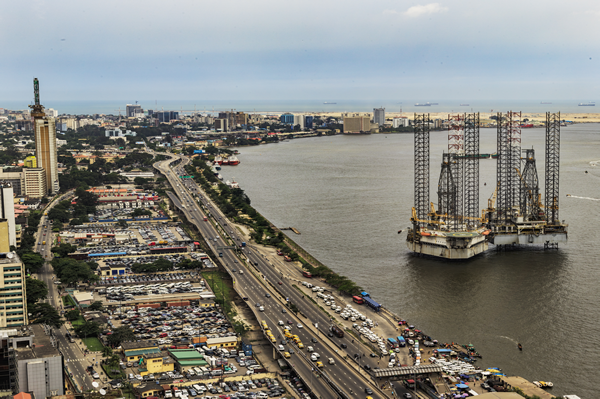
Cashless policy
The new CBN cashless policy which would take effect from April 1, 2017 reintroduced charges on withdrawals and deposits above N500, 000.
We encourage customers to use Union Bank’s online and mobile banking services, as well as our ATMs spread across the country to avoid charges on their account.
The new charges would take effect from April 1, 2017, in the existing cashless states (Lagos, Ogun, Kano, Abia, Anambra, Rivers and the FCT) and will be implemented subsequently in the remaining 30 states as follows: Learn More
May 1, 2017 in the following states: Bauchi, Bayelsa, Delta, Enugu, Gombe, Imo, Kaduna, Ondo, Osun and Plateau.
August 1, 2017 in the following states: Edo, Katsina, Jigawa, Niger, Oyo, Adamawa, Akwa Ibom, Ebonyi, Taraba and Nasarawa.
October 1, 2017 in the following states: Borno, Benue, Ekiti, Cross River, Kebbi, Kogi, Kwara, Yobe, Sokoto and Zamfara.
This was disclosed in a circular released on Thursday, and signed by the Director, Banking and Payments System Department, CBN, Dipo Fatokun.
Charges for cash deposit by individuals are as follows: Less than N500, 000, zero charge; from N500, 000 to N1 million, 1.5 per cent; from N1 million to N5 million, two per cent charge; above N5 million, 3 per cent charge.
Charges for cash withdrawal by individuals are as follows: Less than N500, 000, zero charge; From N500,000 to N1 million, two per cent; from N1 million to N5 million, 3 per cent charge; above N5 million, 7.5 per cent charge.
Charges for corporate cash deposit are as follow: Less than N3 million, zero charge; from N3 million to N10 million, two per cent; from N10 million to N40 million, three per cent; above N40 million, five per cent.
Charges for corporate cash withdrawal are as follows: Less than N3 million, zero charge; from N3 million to N10 million, five per cent; from N10 million to N40 million, 7.5 per cent; above N40 million, 10 per cent.
The World Today
The world economy continues to face substantial uncertainties and risks over changes in the international monetary environment, unconventional monetary policy, debt overhang in emerging economies and volatile financial flows. This in our view implies that the world economy is yet to emerge from the period of slow growth. Learn More
According to the United Nations World economic situation report for February, the global economy is experiencing a period of prolonged slow growth, caused mainly by weak investments. However, East and South Asia remain the world’s most dynamic regions.
The initial market reaction to Donald Trump’s election as US president was to price in a reflation of the US economy on the basis of tax cuts, spending on infrastructure and deregulation. This led to a rally in US equities to new record levels, pushed up bond yields and bid up the dollar.
The election victory in the US by the current administration resulted in a broader trend in Western democracies. A notable example was the UK’s decision to leave the EU and the rejection of a referendum on parliamentary reform in Italy in December where voters rebelled against an establishment that they perceived to be pursuing the wrong course.
On the domestic front, Nigerian GDP numbers released by the NBS showed that the economy contracted by -1.30% in Q4 and -1.51% for Full Year 2016. Oil’s share of real GDP declined to just 8.4% in 2016 and is now only the 5th largest in the economy: it is topped in descending order by agriculture, trade, information and communications, and manufacturing. Through its linkages across other sectors, however, the indirect oil economy may be as large as 40% of GDP.
The non-oil contracted by -0.3% y/y in Q4 and trade, which is the most reliable measure of economic activity across all income groups, shrank by -1.4% y/y.
Source: (Kainos consulting- UBN Monthly Economic Review Feb, 2017)


